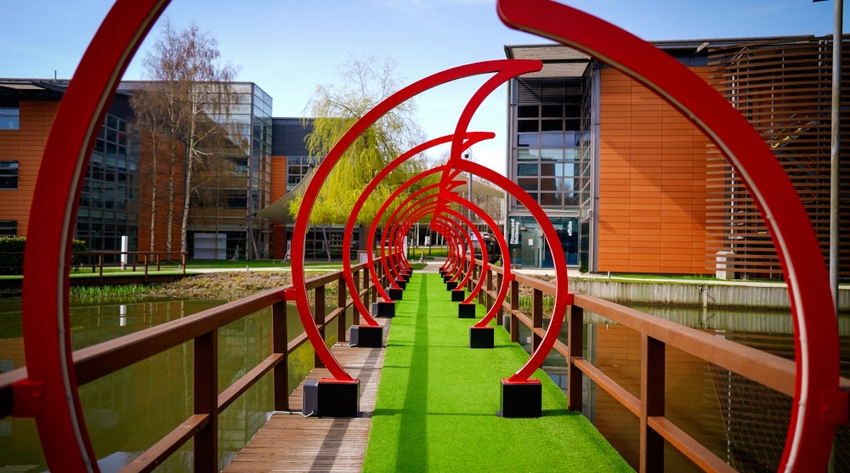A year after it claimed a UK first with a 5G standalone network trial, Vodafone has announced that it is running a commercial pilot of the technology in three major cities.
June 24, 2021

A year after it claimed a UK first with a 5G standalone network trial, Vodafone has announced that it is running a commercial pilot of the technology in three major cities.
The mobile operator will carry out the pilot in London, Manchester and Cardiff with a view to testing the new capabilities that will come with 5G standalone, such as network slicing, it said. It will also allow partners to test 5G standalone-enabled devices on a live network.
Network slicing is a much-discussed advantage of 5G standalone, since it enables specific network slices to be dedicated to a particular customer or industrial segment. Vodafone’s first 5G standalone trial, which has been running at Coventry University since last July, includes network slicing; there, the telco has dedicated a slice to low-latency services to enable virtual reality distance learning, for example.
Other advantages of standalone 5G include ultra-low-latency and the ability to run a fully virtualised, cloud-native architecture, freed from the shackles of legacy 4G.
But these are all by now pretty well-known plus points. The industry has been working towards 5G standalone since the dawn of 5G; it’s taking some time, but we are getting there, as evidenced by launches elsewhere. Germany is the hottest market in Europe right now and Vodafone is ahead of the pack there, having launched commercial services in April.
It is clearly keen to replicate that position in the UK, and this latest announcement helps to cement its position as a 5G standalone frontrunner.
It comes shortly after Vodafone spoke out about its core network deals with Ericsson for 5G standalone in the UK and Germany, both partnerships that had been previously announced, but again, a sign of Vodafone’s progress in standalone.
Add into the mix recent announcements from the telcos on its Open RAN suppliers and multi-access Edge computing (MEC) deal with AWS Wavelength, and Vodafone is starting to look like it is at the cutting edge of mobile technology in the UK. You could say that Vodafone is starting to rediscover the ‘early to market’ position it occupied in the 1990s.
About the Author(s)
You May Also Like








.png?width=300&auto=webp&quality=80&disable=upscale)


_1.jpg?width=300&auto=webp&quality=80&disable=upscale)


.png?width=800&auto=webp&quality=80&disable=upscale)